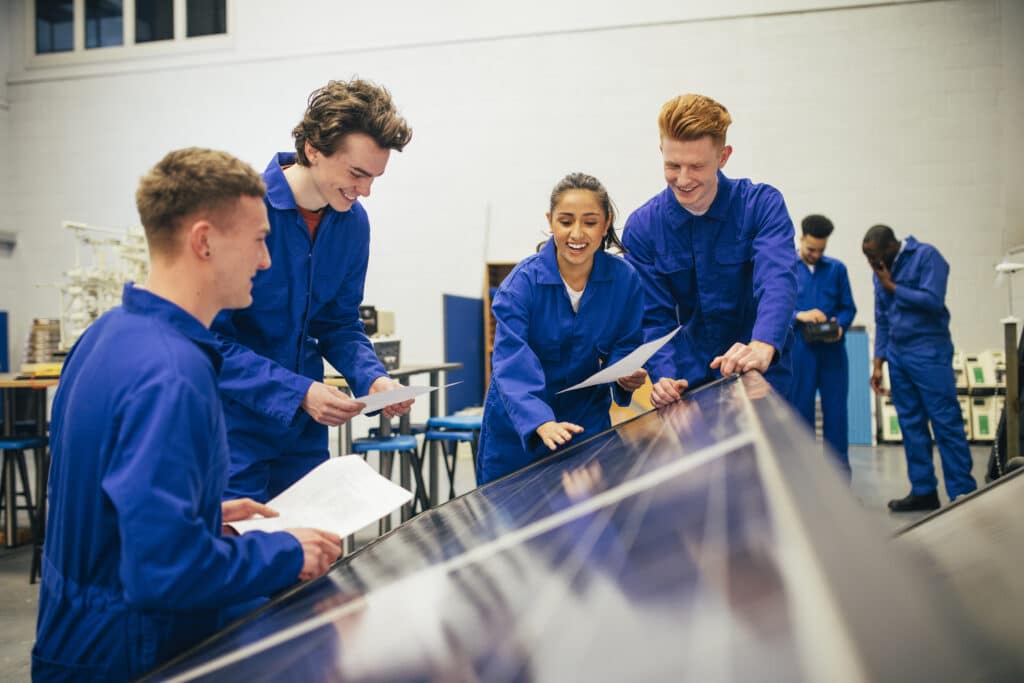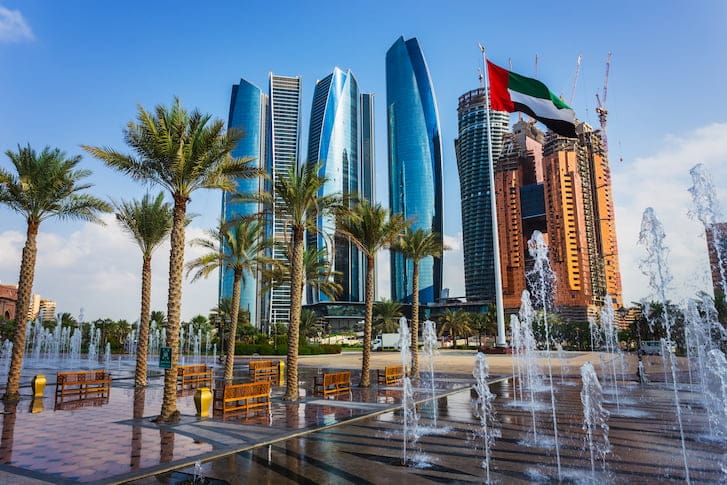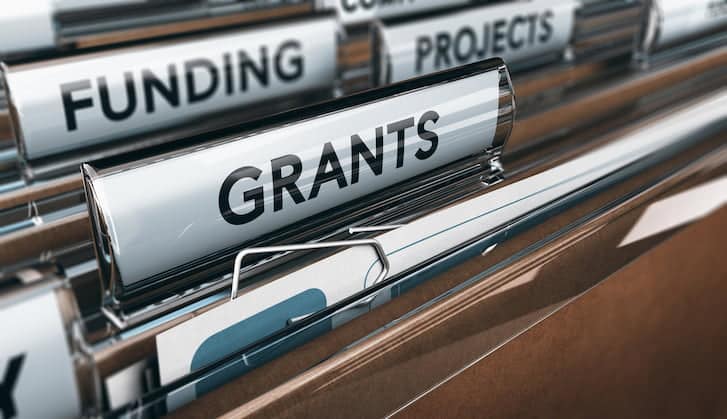The recent ratification of the India-Australia trade deal by the Australian Parliament paves the way for a full trade agreement in 2023 and raises the profile of the bilateral relationship.
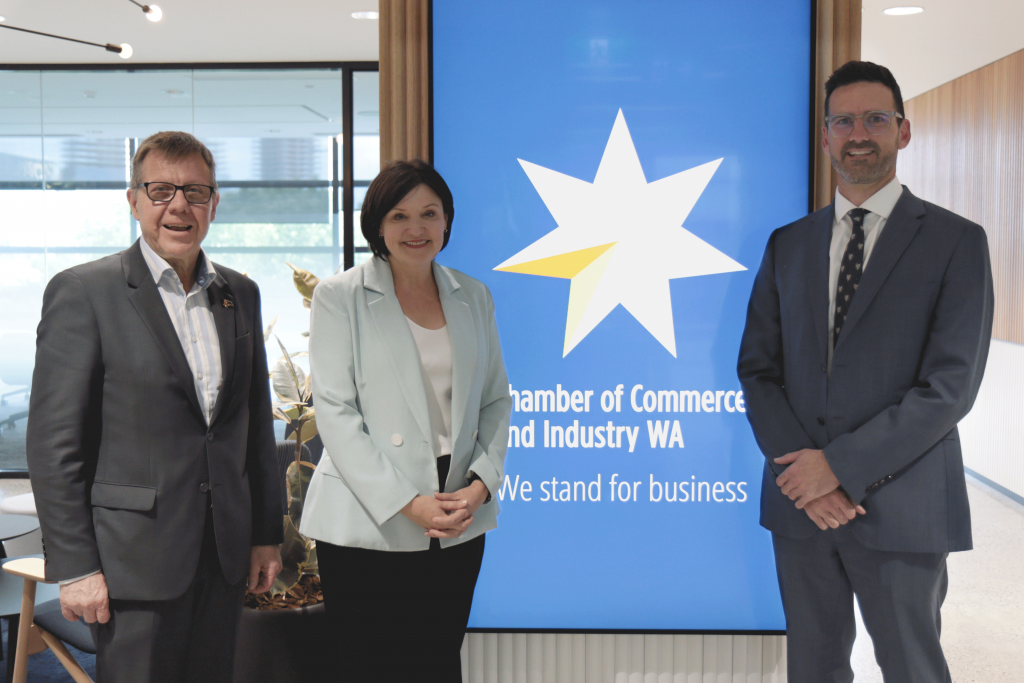
(l-r) ITIC’s Michael Carter, AIBC Chair Jodi McKay and CCIWA CEO Chris Rodwell.
In a Q&A during a recent visit in Perth, Australia India Business Council (AIBC) new National Chair Jodi McKay discusses trade opportunities in the fast-growing economy.
What are your thoughts on the Australia-India Economic Cooperation and Trade Agreement (ECTA) being signed off by Federal Parliament?
“It’s been 10 years that Australia has been trying to get a free trade agreement with India and it wasn’t until earlier this year that it really did kick off. The agreement obviously helps with a whole range of reducing or eliminating tariffs. But I think more generally, it’s important in raising the profile of the India-Australia relationship. What this says is that there is an agreement between both countries that there is mutual benefit in bilateral trade, and it just takes it to a whole a whole new level. There are still CECA (Australia Comprehensive Economic Cooperation Agreement) negotiations, so that’s the second stage of the free trade agreement, so that now kicks into being. Next year I think they will finalise that … and then you’ve got the full trade agreement.”
India in the next few years is going to be in competition for fourth or even third-biggest economy in the world.
“Yeah, it’s the fastest growing economy in the world. But I think India has been very aggressive in its global partnerships. We just don’t have a security arrangement with them through the Quad (Quadrilateral Security Dialogue) but beneath that is also this huge trade friendship. The Free Trade Agreement is the framework, so the Government can only do so much. It actually has to be about business and industry now stepping in. And I think what we’ve seen in Australia is a huge focus from India into Australia. But I think we still have some way to go to convince Australian businesses of the benefit of India. And I think what WA did, is they really showed up every other State and put that on the table.”
That’s the opportunity, isn’t it? It’s Australian exporters accessing an extraordinary market in a way that haven’t been able to before.
“It’s both. So it’s business both ways. This is an enabler, this is a framework that makes things easier and to be honest, it’s probably more of benefit to businesses in India than what it is for businesses in Australia. But you have to have businesses who are prepared to enter into a market which has always traditionally been difficult, mostly because I think companies aren’t prepared to give it the long haul. Australian companies want a quick result and India is a long-term relationship. But what we see at the AIBC is that there is a lot of interest from start-ups and smaller businesses. You’ve actually got to get the corporates interested and it should be on the boardroom table of every ASX-listed company, and unfortunately it’s not and I hope that the ratification of the Free Trade Agreement is really an instigator of India being part of the discussion on future plans for these companies.”
Where does WA sit in that?
“I’m based on the east coast, but I think what WA did was really send a message to every other state that WA is in this space. That (India trade) mission was the most impressive mission we’ve seen in the last couple of years from any state government, and it created a lot of attention on WA. But it also really was surprising in its successes, because it raised the profile. There’s been a number of MoU signed deals or companies that have benefited, it just set a strong signal on WA and I think WA is really leading on this.”
 What is the main mission of the Australia India Business Council?
What is the main mission of the Australia India Business Council?
“If you look at the Australia-India relationship, it really kicked off when Australia was the first country to acknowledge India’s independence 75 years ago. And then you’ve had a number of milestones along the way and one of those was the formation of AIBC (by former prime ministers Rajiv Gandhi and Bob Hawke in 1971) and that was to get a real focus on India and Australia doing business, but it was also to bring together rather disparate groups to say we’re all on the same page let’s do this better and stronger.
“We have seen the relationship mature over time, and one of the challenges we have faced as a business council is making sure that we’re growing commensurate with that relationship. Around the country we’ve got six chapters, one of our strongest is here in WA. Our role is threefold. The first is business to business, so making sure we’re connecting businesses from both countries in both countries that want to be in this space. The second thing is really around advocacy, so the issues and sectors we want to advocate on, how we align, what we’re about with the priorities of government and the third thing is just talking about the relationship, talking about the opportunities.”
Tell me about the purpose of your visit to Perth.
“I only took over as national chair a couple of months ago, so my focus has been getting to every state, but I wanted to be here in WA because I had seen such a huge presence and just commitment from WA to the relationship. Yeah, I think it was so impressive coming out of COVID where the borders have been closed. Every state was impacted, but you came out of that and said ‘right, we’re open for business’ and kind of shouted, ‘hey, we’re here and we want to do business with India’. And I think that mission was just so impressive. I wanted to come over here and find out how the momentum has been maintained.”
What are you seeing as the key opportunities for WA businesses in India?
“Everyone talks about the the Indian Ocean but I think that is really important, that proximity. I think when you look at the focus it has always been on mining and resources here. India obviously has a huge appetite for all sorts of resources and that has been led by coal, but it’s a resources intensive nation. The opportunity for WA is also in some of those new sectors — clean tech and renewable energy, agriculture. The agricultural industry in India is always strong, but in agreements like the free trade, it’s also a very complex issue to get agreement on. The secret will be focusing further on that. There are big opportunities for WA and I think it’s about relationships.”
And for Indian businesses in WA?
“Our involvement works both ways. We’ve got partnerships obviously with similar industry groups in India, but our advocacy works both ways. We’re Australia based, we’re the preeminent and oldest business chamber where we’ve got a rich history which has certainly seen us achieve amazing things over that time — advocating for the relationship, being the champion of both countries, but also that micro business to business as well.”
In 2021, India was WA’s seventh largest trading partner with total goods trade of AUD $4.6 billion, and WA accounted for 17 per cent of total trade in goods between Australia and India. Has the shift in focus to India been long overdue?
“Absolutely. I think the focus has always been on China. And obviously, you know, there is now a focus on India because of perhaps what’s happening with China. But I think it’s from our perspective with AIBC, it shouldn’t have taken that for
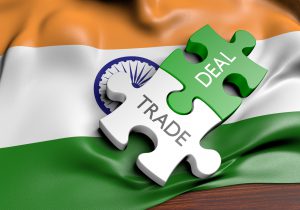
Australia to focus on India, because India is such a fast-growing, massive economy. Prime Minister Modi has had two focuses: one is on making sure that government gets out of the way and that people’s lives are made easier. And the second thing has been for him about making sure that there is the ability for business to do to do business. So, 95 per cent of entrepreneurship doesn’t happen within the big corporates in India, it happens outside those businesses. I think what he has done is kind of build that capacity for entrepreneurship which becomes advantageous to us when you’ve got businesses who are eager to be here in a kind of a blessing by government to do that.
“I wish that Australia had have taken this step much earlier, and there’ve been attempts over the last 10 years to do that, but it really only kicked in at the end of last year and there was an agreement by then Prime Minister Scott Morrison and Prime Minister Modi. And then you’ve seen the new government come in and just really run with this. So this is bipartisan, and that’s why it went through the Parliament so smoothly. People want this to happen.”
What do you see at the Australia India Business Council’s role in fostering future trade opportunities?
“What we want to do as a business council is to be a conduit for businesses, so a connector if you like. When people want to come into Australia, they’re eager to find a partner. They want to know how you connect into India, so I think we’re that connector. But I do think we’re also a champion for the broader relationship. You know, we need to convince our big corporates that India is a market they should be exploring, and there is still some way to go on that. I would say to every business here in WA if you have an interest in India, or you see even the remotest possibility that there is an opportunity for you, then let us work with you. We’re a unique chamber, we don’t compete with other chambers, we sit outside that. We know what our focus is, we have one focus and that is trade between India and Australia.”
Let our expert Trade team help your business go global. Call us on (08) 9365 7620 or email [email protected] for a free consultation.


